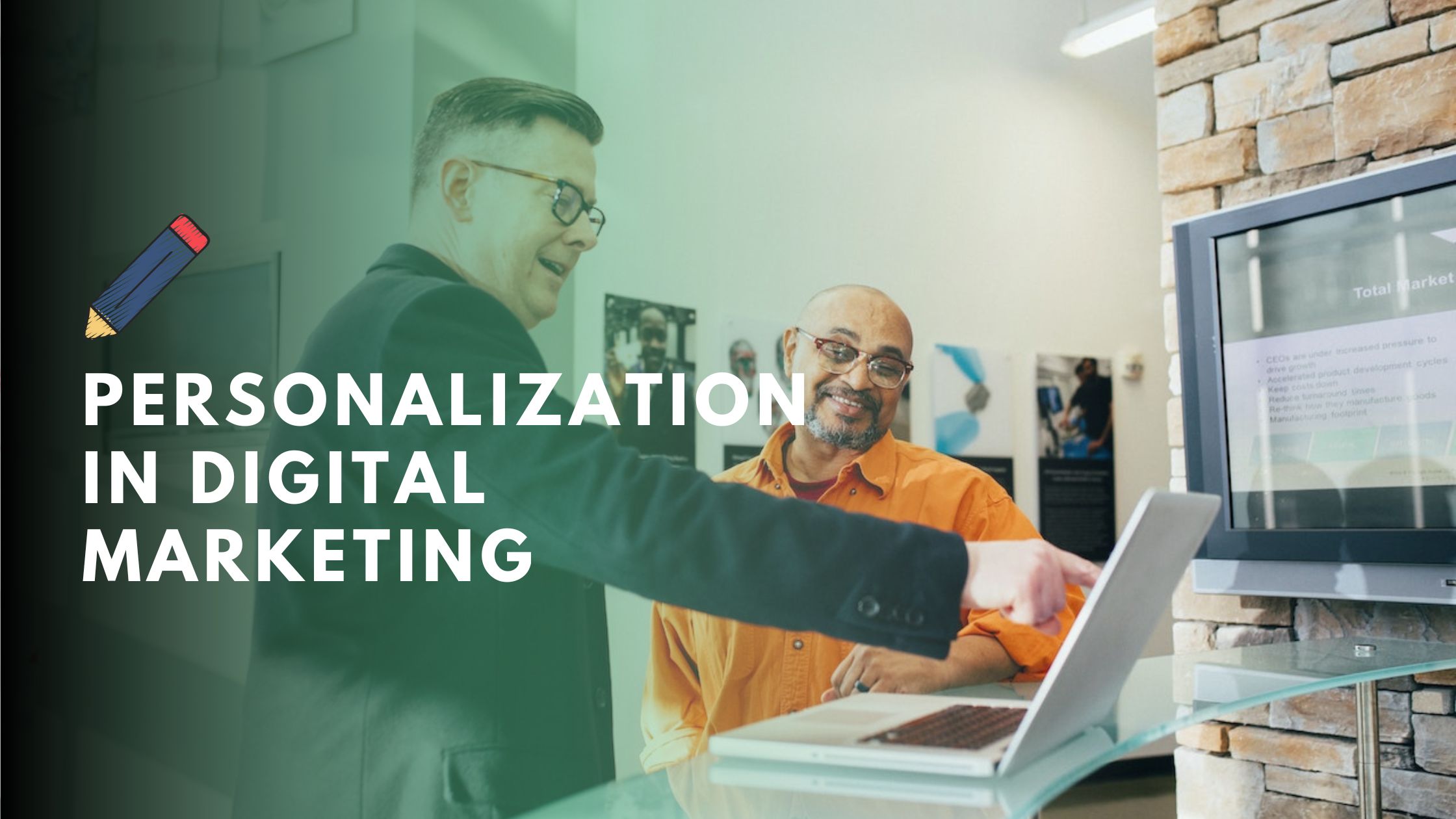18 Feb

Digital marketing is all about creating a personalized user experience. It’s about understanding the needs and interests of each user and delivering the right message, content, and experience at the right time. Personalization is key to successful digital marketing campaigns, and it can be done in a few different ways.
The first way to personalize digital marketing is to use data and analytics. With data and analytics, businesses can gain valuable insights into their customers, including their likes and dislikes, buying patterns, and more. This data can then be used to create personalized experiences, such as targeted emails, ads, and content. By understanding the customer’s interests, businesses can create more relevant and engaging experiences.
The second way to personalize digital marketing is to use social media. Social media platforms offer businesses an opportunity to connect with customers on a personal level. Through social media, businesses can interact with customers, respond to their queries, and learn more about their interests. This information can then be used to create more personalized experiences.
The third way to personalize digital marketing is to use segmentation. Segmentation is the process of dividing customers into different groups based on their interests, buying habits, and other factors. By segmenting customers, businesses can create more personalized experiences for each group. For example, a business can create separate campaigns for different customer segments, such as new customers, existing customers, and loyal customers.
Finally, businesses can also use artificial intelligence (AI) and machine learning (ML) to personalize digital marketing. AI and ML give businesses the ability to make real-time decisions based on data and customer behavior. With AI and ML, businesses can create more personalized experiences for customers by understanding their needs and preferences.
These are just a few of the ways businesses can use personalization in digital marketing. By understanding their customers and creating more personalized experiences, businesses can increase engagement and conversions. Personalization can also help businesses build stronger relationships with their customers, leading to increased loyalty and repeat purchases.
In conclusion, personalization is key to successful digital marketing campaigns. By understanding the needs and interests of each customer and using data, analytics, segmentation, and AI/ML, businesses can create more customized user experiences. This can lead to increased engagement and conversions, as well as stronger relationships with customers.



